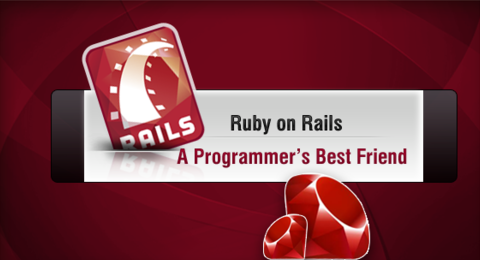
If you’ve ever written a line of Ruby, you’ve been impacted by the work of Jim Weirich: developer, teacher, mentor, speaker. By all accounts, he was a great person. Was… Sadly, Jim died recently.
I didn’t know Jim, personally. In fact I only recently met him in person for the first time at Reddot ruby conf 2014 in Singapor. I had the pleasure of meeting him very briefly, introducing myself. It was great to finally say “hi” to him, though. I learned a lot from his talks and I still use his ideas of “protocols” instead of “interfaces” in dynamic languages like Ruby and JavaScript. But I’m not going to go in to some lengthy soliloquy about Jim’s life and impact on me.
What really struck me about Jim’s passing was not the impact he had on me, personally, but the impact that he had on a very large number of developers around the world. For a few days after his death, I saw a countless number of tweets and retweets about how Jim had touched people’s lives. I saw stories of how he had changed people’s perspectives on code, on mentoring, and all other aspects of software development. One tweet in particular stuck out, talking about how Jim’s knowledge and wisdom had made this person realize their own inadequacies and how Jim was the only person they had ever met who had been gracious enough to apologize for that.
All of these tweets, the thousands of comments posted on Jim’s last commit in Github, that software development companies around the world paid tribute to him via their public websites – the stories, the lives touched – all of this has me wondering: what will they say of me, when I’m gone? And what will they say about you? Will you have made an impact on the lives of other developers? Will you have shared your knowledge, sought opportunities to teach, entertain and enrich the lives of others?
What impact have you had on the lives of others? What will they say about you, when you’re gone?